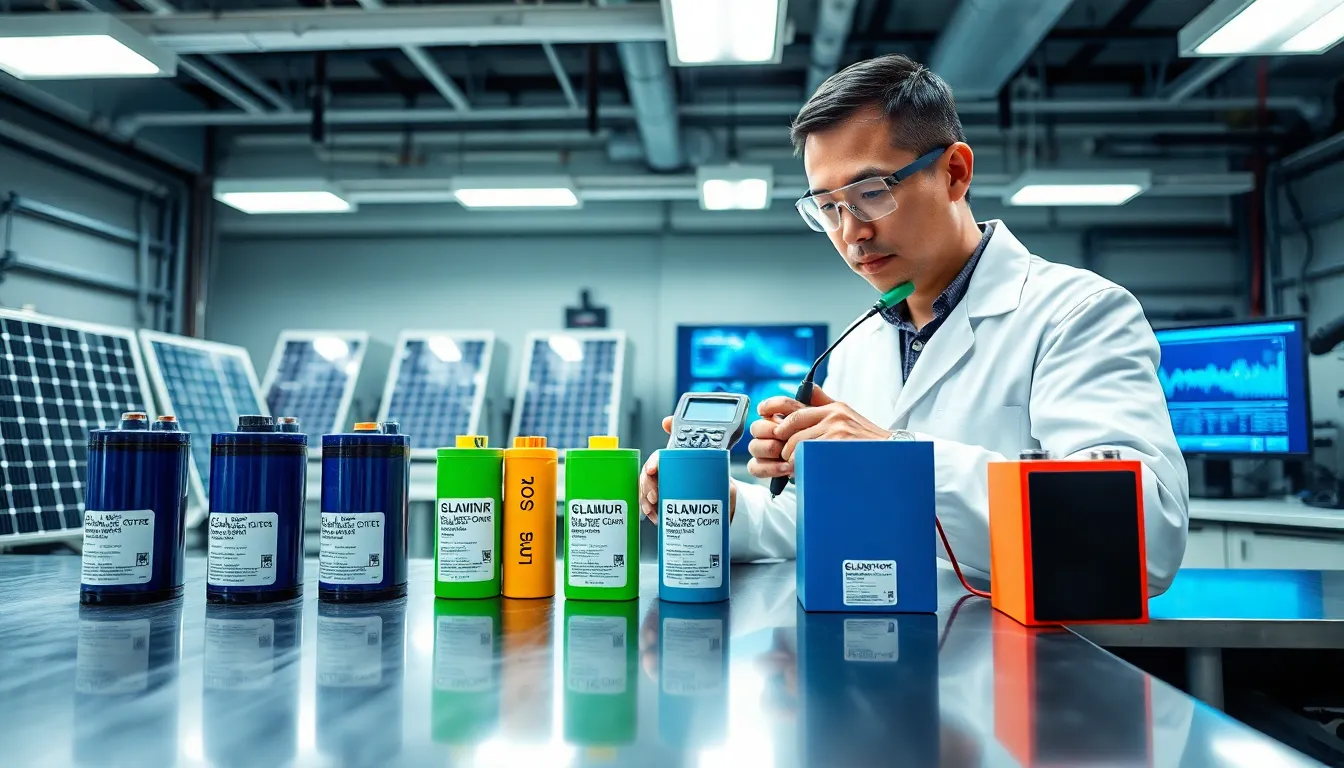Power retention is a crucial aspect that affects various industries, from technology to manufacturing. Understanding how power is retained and utilized efficiently is imperative for businesses and individuals alike. This article delves into the science of power retention, discusses its benefits, and offers strategies to enhance capability, showcasing real-world applications that underscore its importance. Let’s explore the intricate details behind lots of power retention.
Table of Contents
ToggleUnderstanding Power Retention

The Science Behind Power Retention
Power retention refers to the ability to retain energy over time and use it effectively. This concept is vital in fields such as electrical engineering, battery technology, and even renewable energy systems. At its core, power retention aligns with the principles of thermodynamics and energy conservation.
When energy is generated, whether from renewable sources like solar panels or conventional sources such as fossil fuels, it typically converts to usable power. But, not all of this energy is used immediately: some of it is stored for later use. The mechanisms of this storage, including batteries and capacitors, are designed to minimize loss during retention.
Factors Affecting Power Retention
Several factors influence how effectively power can be retained. These include:
- Material Efficiency: The choice of materials in batteries affects their capacity to hold charge. Lithium-ion batteries, for example, have shown superior retention compared to traditional lead-acid types.
- Temperature Fluctuations: Power retention can decrease significantly with high or low temperatures. Many battery types function optimally within specific temperature ranges.
- Charge Cycles: The number of times a battery is charged and discharged impacts its effective power retention. Higher cycle counts can lead to capacity degradation over time.
Benefits of Effective Power Retention
Effective power retention provides numerous advantages across various sectors. These benefits include:
- Cost Efficiency: By enhancing power retention, companies can reduce energy costs due to less dependency on continuous energy generation. For example, businesses that use energy storage systems can draw stored power during peak pricing times, thereby lowering electricity expenses.
- Sustainability: Improved power retention aligns with sustainable practices. Efficient energy storage allows for better use of renewable energy, reducing reliance on non-renewable sources.
- Increased Reliability: Systems that maintain energy effectively experience fewer outages and disruptions, providing more reliable service to users. This reliability is crucial in sectors like healthcare, where power interruptions can have serious consequences.
- Enhanced Performance: In technology and manufacturing, improved power retention translates to better equipment performance. Systems can run longer and more reliably without frequent recharging or recalibrating.
Strategies for Enhancing Power Retention
Enhancing power retention involves a range of strategies designed for specific applications. Here are some effective methods:
- Choosing the Right Storage Solutions: Selecting advanced battery technology or energy storage systems suited for specific needs enhances retention. For instance, solid-state batteries have emerged as a superior alternative to liquid electrolyte batteries due to their improved safety and longevity.
- Regular Maintenance: Ensuring that devices and systems are maintained can considerably improve power retention. Regular checks and updates help identify issues that may lead to inefficiencies.
- Temperature Control: Implementing temperature regulation strategies for storage units can minimize capacity loss. Keeping batteries within their optimal temperature ranges can extend their lifespan and efficiency.
- Smart Grid Technologies: Utilizing smart grid systems allows for real-time monitoring of energy usage and storage capabilities. This technology can optimize the energy flow, ensuring that power retention is maximized during off-peak hours.
Real-World Applications of Power Retention
Real-world applications of power retention highlight its significance across various sectors.
- Electric Vehicles (EVs): The effectiveness of power retention in EV batteries is crucial for their range and overall performance. Advances in power retention technologies, such as fast-charging capabilities and more robust battery management systems, are enhancing the usability of electric vehicles.
- Renewable Energy Systems: Solar power storage solutions rely heavily on effective power retention. Systems that can store excess energy generated during sunny days for use during the night demonstrate the practical importance of enhanced power retention strategies.
- Telecommunications: Companies in this sector are utilizing power retention to ensure that networks remain operational during outages or peak bandwidth usage. By implementing energy-efficient practices, they maintain communication services without interruption.
Conclusion
Summarizing, understanding and implementing effective power retention is vital for a sustainable and efficient energy future. With numerous benefits ranging from cost savings to increased reliability, the strategies for enhancing power retention are essential for various industries, including technology, manufacturing, and energy. As advancements continue to emerge, the applications of power retention will undoubtedly expand, further integrating these methods into everyday life. Embracing these innovations is not merely advantageous: it has become necessary in a world increasingly reliant on energy efficiency.



